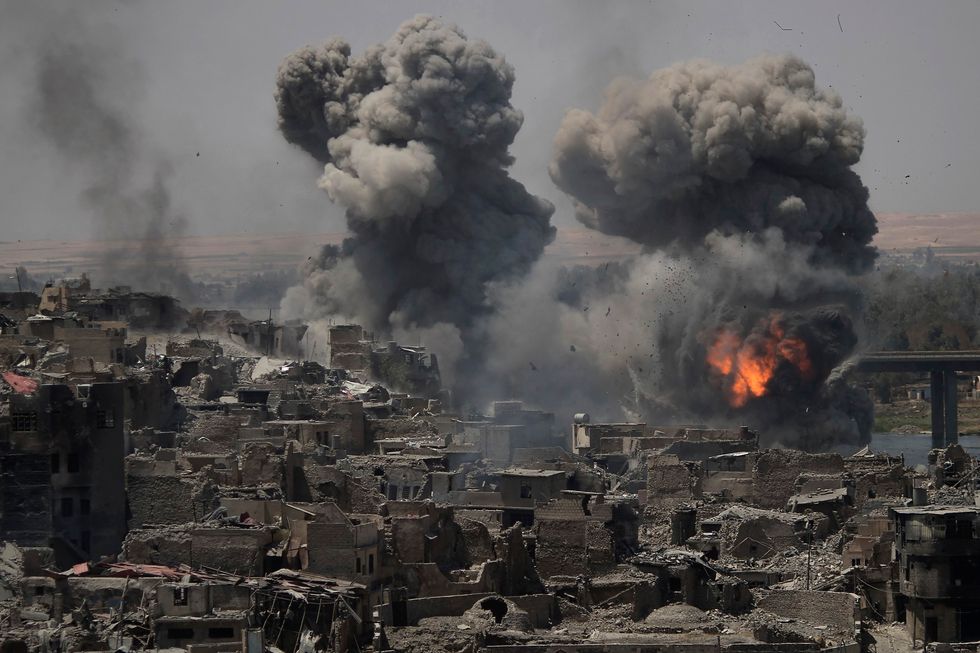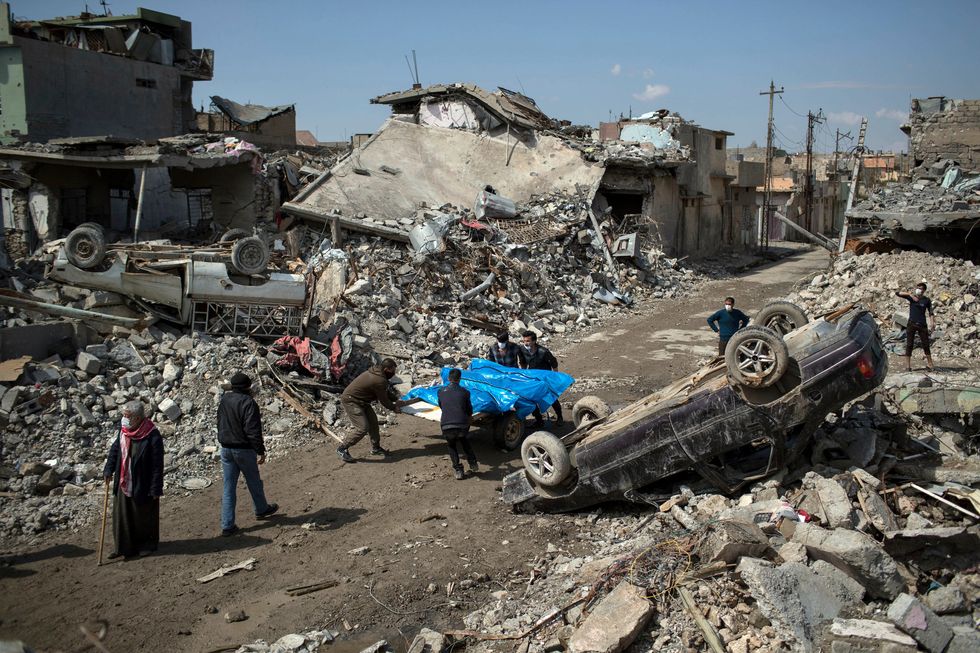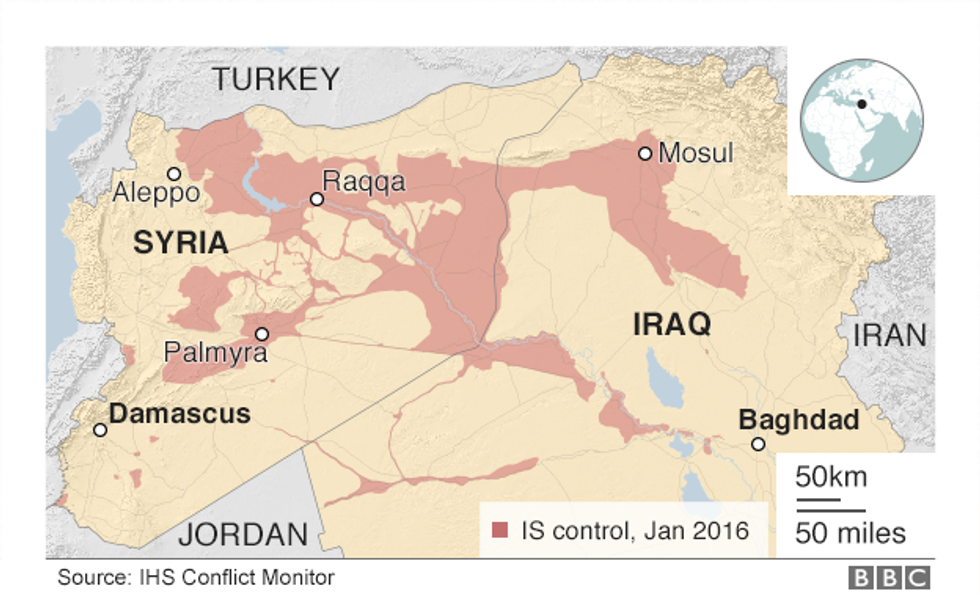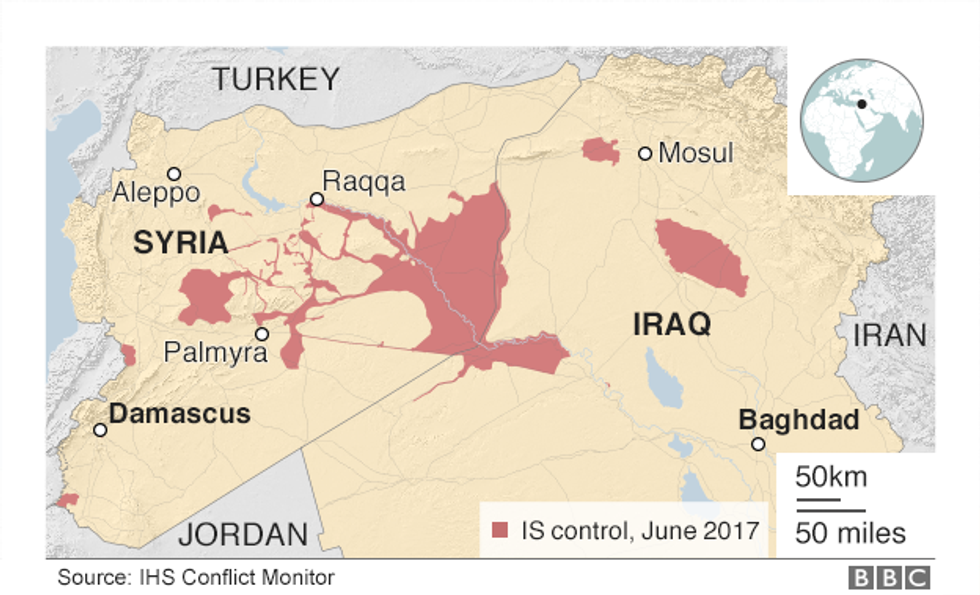The Iraqi army has reclaimed the city of Mosul. This is a momentous event in the campaign against ISIS and promises to change the landscape of the Middle East.
In 2014, Abu Bakr al-Baghdadi, the founder of ISIS, declared the birth of the Islamic Caliphate from Mosul. Iraq, partnered with the United States, has been at war with ISIS ever since. The offensive against Mosul specifically began last year. The fight was largely urban warfare, fought under agonizing conditions in close quarters. Reports abound of both sides committing war crimes. The Iraqi army is believed to have used weapons with poor targeting capabilities, which essentially means that many civilians were indiscriminately killed. ISIS is also believed to have used Mosul residents as human shields to protect themselves from enemy fire and to have placed entire neighborhoods under lockdown as the Iraqi army advanced. Such moves clearly violate the Geneva Conventions, which lay out the rules of warfare that all international parties are supposed to abide by. Arguably, ISIS is not a signatory of the Conventions and is not a recognized state by most of the world, but its crimes are heinous nonetheless.
The loss of Mosul marks a strategic defeat for ISIS. It is slowly losing much of its territory, while Iraq slowly becomes whole again. However, there remains much work to be done. The battle nearly leveled Mosul, while ISIS destroyed the al-Nuri mosque, a cultural landmark of the city. Mosul is in tatters and the Iraqi government now needs to focus on reconstructing the city.
It must also secure the city from any pockets of ISIS insurgency that remain in the area. The central government must also resettle the hundreds of thousands who were displaced during the battle and how to win back trust among the local Sunni population. This leads to a key problem: antipathy for ISIS among the locals does not translate to support for the government. ISIS initially gained control over so much territory because the Shia Iraqi government marginalized the Sunni population. This points back to a recurring problem of sectarianism and factionalism based on religion and political representation. How Baghdad proceeds may determine the ability of ISIS or a similar organization to strike against the Iraqi government in the future.
As of now, however, ISIS is on the retreat. The city of Raqqa in Syria remains its last major stronghold, but its days there seem limited. Bashar al-Assad has recaptured Aleppo from the maze of opposition forces against him and Raqqa itself is surrounded by Kurdish territory. It remains to be seen how and when the Syrian Civil War will end, but I do not believe that ISIS will emerge from that outcome intact.
The great ISIS vanishing act
The recapture of Mosul was a victory long in the making. From the Obama Administration's decision to only have limited combat involvement to the Iraq army's ability to fight in an urban setting, everything has been building to this moment. Now it is the responsibility of the Iraqi government to maintain this victory.























